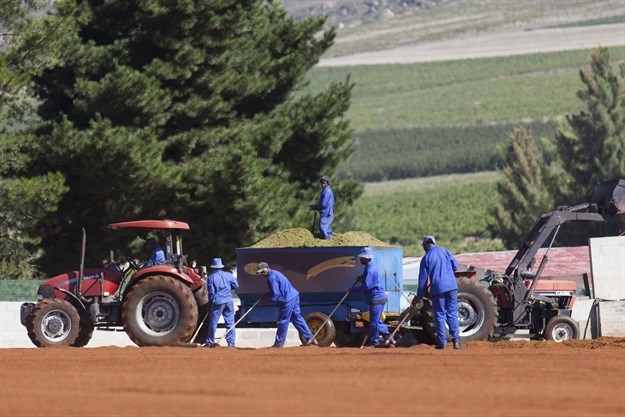It's no secret South Africa's water resources are indeed limited and scarce. Water scarcity is one of the most crucial challenges we face as a country, and as the local population continues to grow, so are our water related problems expected to rise.
Drought is not a problem unique to South Africa, with water shortages being a primary impact of climate change in many cocoa, tea and coffee producing regions across Africa, Asia and South America.
Climate change, including South Africa’s current drought , is seriously affecting agriculture and rural livelihoods. Equally worrying is the vice versa; where farming contributes to our water scarcity by extracting and polluting local water resources.
With a shared vision for water conservation and general sustainability from farmers and consumers on the rise, various green certification bodies are becoming an increasingly popular means to communicate sustainable agricultural practices to consumers all over the world.
So what should water-conscious consumers look for when choosing a sustainability label? One of the simplest ways to divide the credible labels from the rest is ISEAL membership. ISEAL sets out a global code of conduct for what credibility looks like.
And does a sustainable label really make a difference? According to Henriette Walz - Climate Change and Environmental expert at UTZ - it really does.
Walz says a key success factor for UTZ is a close collaboration with local farmers, to identify risks and implement adaptive measures to climate change specific to their country.
This participatory approach helps trainers from the label to provide information that matches the local context. It also helps farmers to really identify with the advice, and to be more motivated to follow it.
Through the certification process, farmers are being trained in techniques such as irrigation, pest management (best practices to reduce the pollution of water bodies), optimal fertilisation (also keeping pollution to a minimum), shade management (decreasing evaporation and increasing water holding capacity of the soil), as well as cover crop and erosion management (reducing soil evaporation and the need for irrigation water).
A credible sustainability label and processes like these help farmers adapt to climate change effects, but also to mitigate their contribution.
For more information on UTZ visit www.utz.org or speak to Country Representative, Lisa Ryser at gro.deifitrecztu@resyr.asil




































